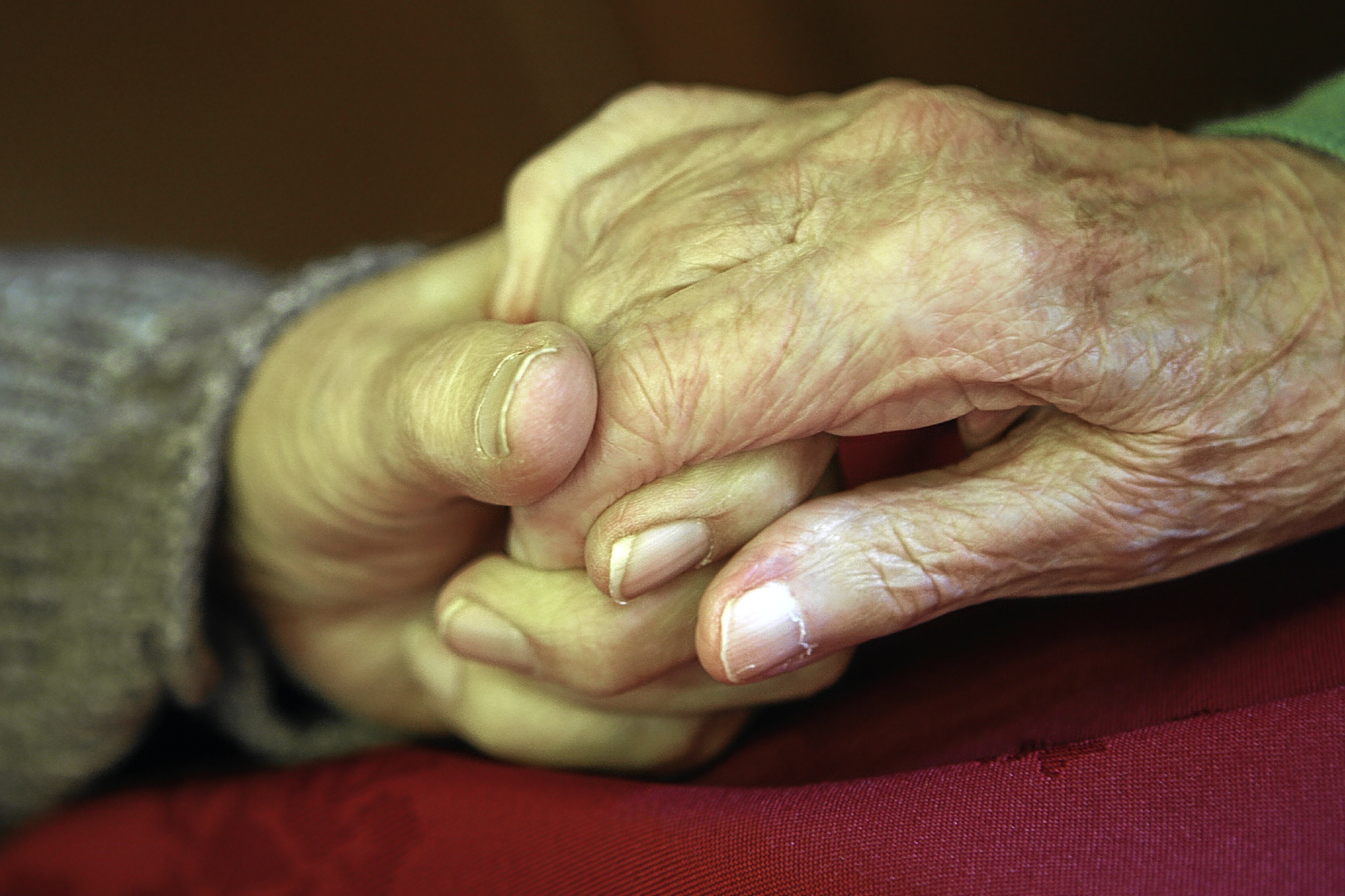Fife Council’s administration has come under pressure from the SNP on its track record on delivering social care to older people.
Councillor Neale Hanvey, SNP spokesman for health and social care, slammed the council’s poor performance in the Local Government Benchmarking Framework for supporting older people with intensive needs at home.
The report found Fife is now the poorest performing authority in Scotland on this measure.
Mr Hanvey compared Fife’s score of just over 20% against the 36% Scottish average.
“That the Fife figure has worsened over the last five years is worry enough, but the Labour administration’s spokesperson and leader seemed to blame a myriad of challenges every council faces, yet accepted absolutely no responsibility and gave no meaningful response or plan of action for improvement,” he said.
Councillor Andrew Rodger, chairman of the Integration Joint Board, said action was being taken to transform traditional services to meet people’s needs.
“Looking at one statistic and one point in time is not reflective of the wider picture nor takes into account the volume and nature of care that is delivered,” he insisted. “With support from Scottish Government funding, Fife’s Partnership is actively investing in new models of service delivery and modernising more traditional services – this includes home care.
“Our aim is to meet peoples’ hopes and aspirations of living a healthy and active life in their community, and while we recognise there is still work to be done, staff, trade unions and external partners are working with the public and carers to develop services which will be enable older people to regain their confidence and skills.”
David Heaney, east divisional general manager of Fife’s health and social care partnership, added: “In Fife we have an approach which delivers home care support at an earlier stage, providing preventative medium-care packages of around four to 10 hours.
“This places us in the top half of councils in Scotland for all home care services for adults and older people.
“On April 1 2015 there were over 900 people waiting on assessment, and by April 1 2016 this had dropped to 515 people, of which 137 were classed as critical.”
